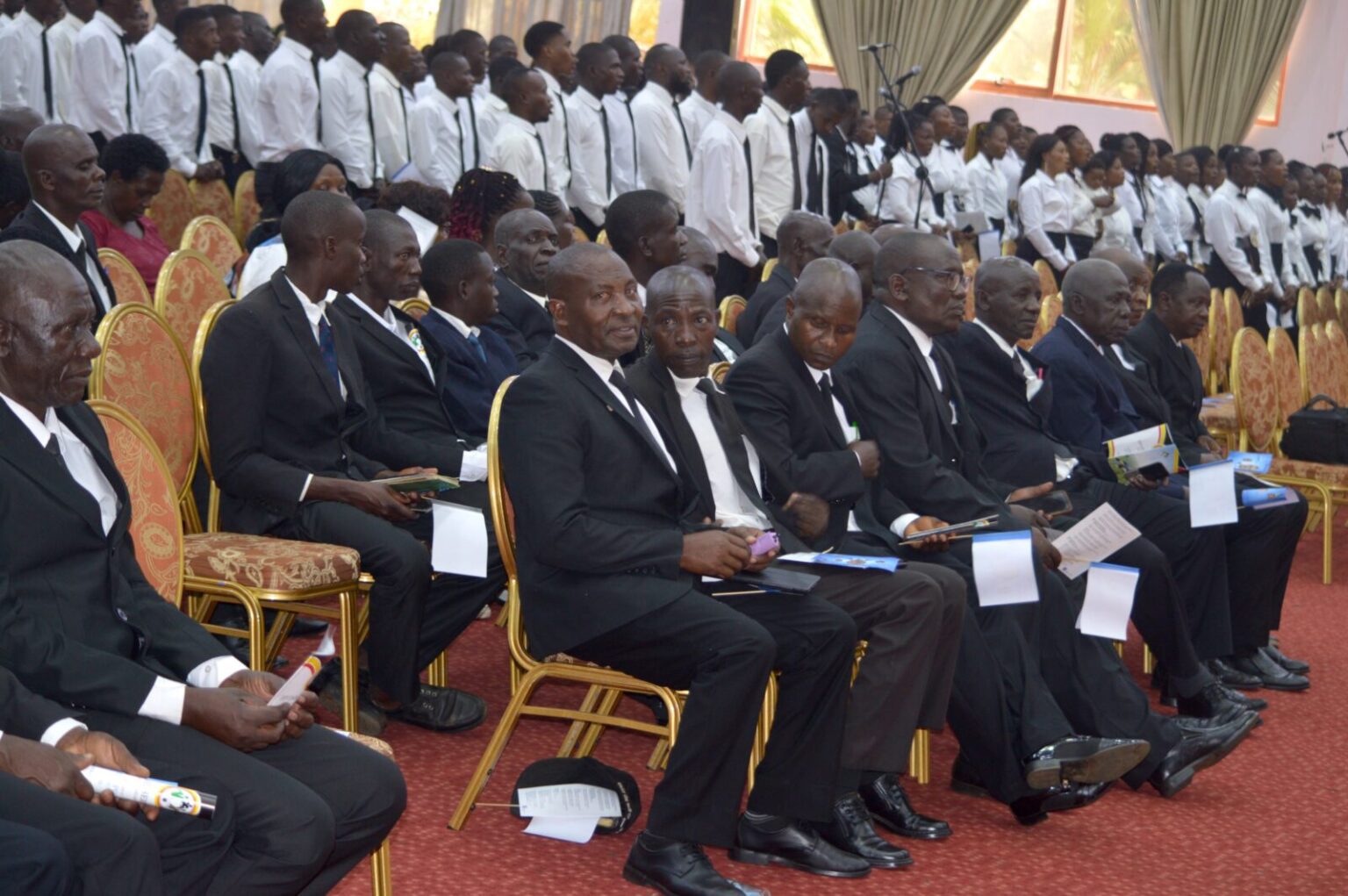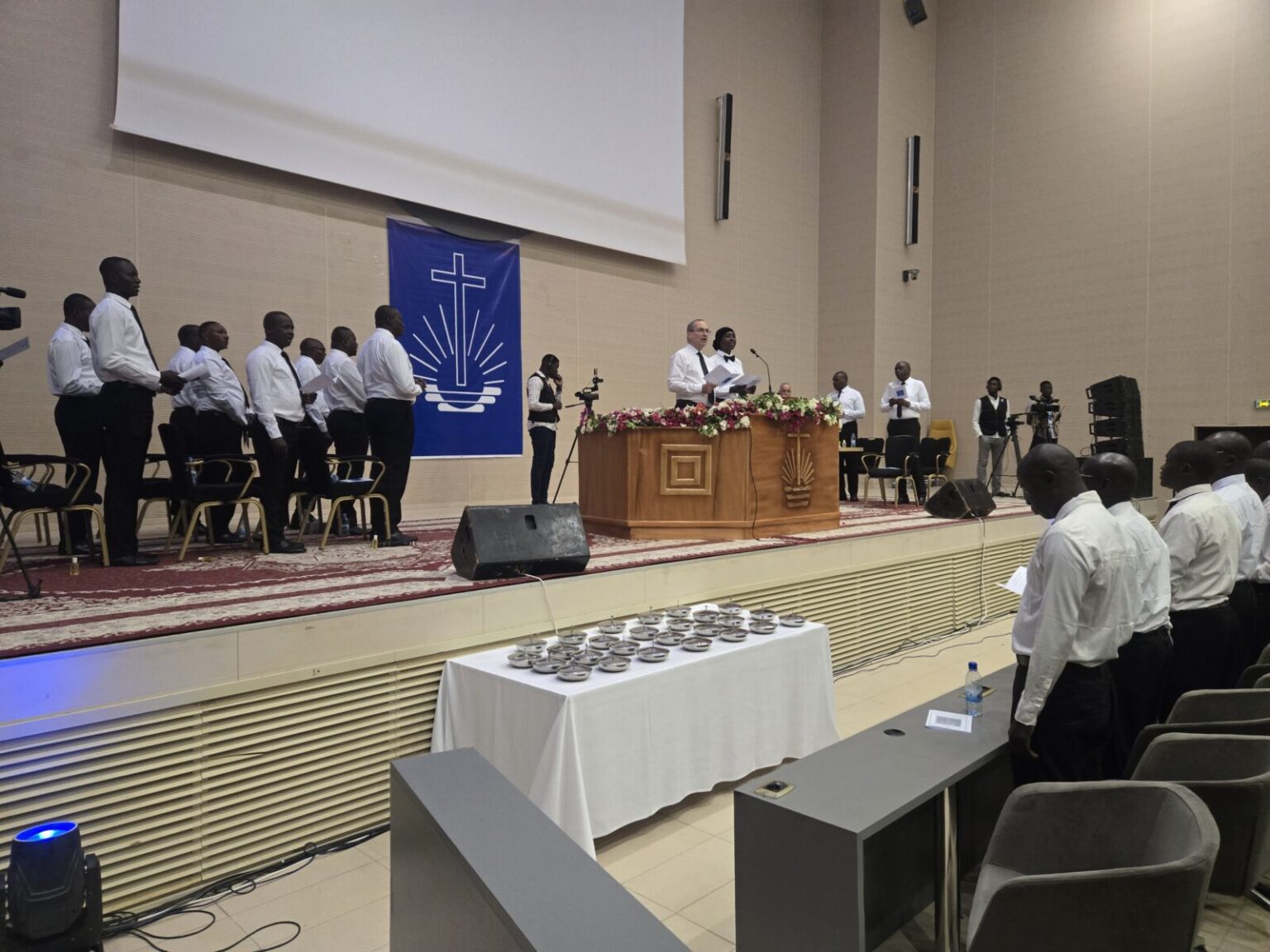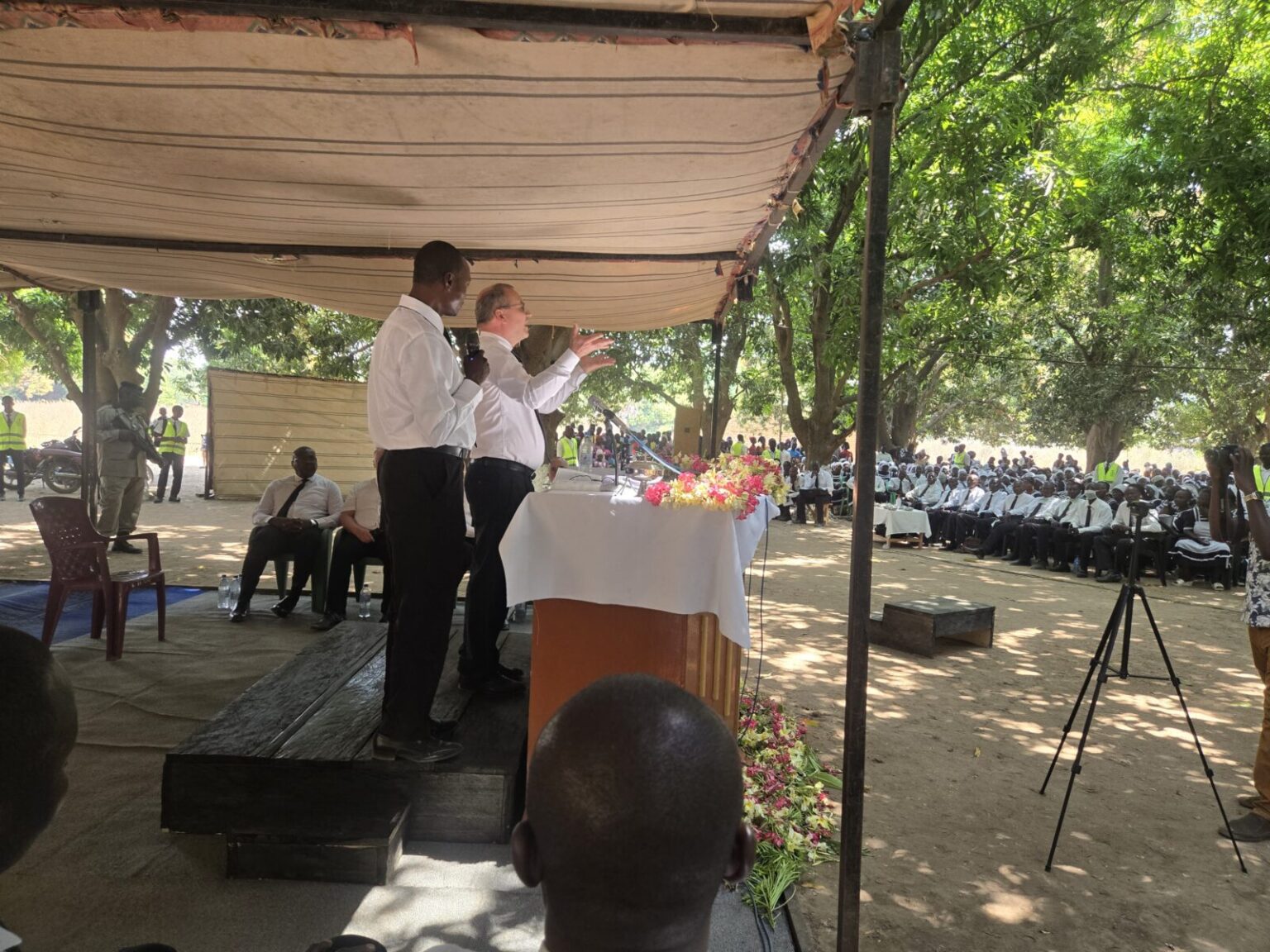

How are things coming along with our annual motto “Prayer works”? A short poll on Instagram showed up 900 ideas on the topic of “prayer”. In the first part, we will look at the feeling of being close to God in prayer.
“Seek the Lord while He may be found, call upon Him while He is near.” But what can we do if we have the feeling that God is not close when we pray? How do we go about finding God then?
This is a question that worries many people. After all, who hasn’t experienced the situation when a sense of closeness to God fails to materialise?
Hidden but present
Let us first look to our great role model. What does Jesus say about where God can be found? When He taught the disciples the Lord’s Prayer, He also talked to them about how they were to pray. Jesus pointed out that anyone who prays should go into their room and shut the door. We can read this in Matthew 6: 6.
So does that mean that He rejects communal praying? No, He Himself never stopped praying in public and in the company of His disciples. He also taught us to pray and say, “Our Father in heaven”, not “My Father in heaven”. This shows that prayer always has a communal element. Nevertheless, Jesus speaks of a place where God is already present: the secret place.
Seeking solitude
Chief Apostle Jean-Luc Schneider said in his video address at the beginning of the year: “That means we look for opportunities to withdraw from outside influences and adopt a different perspective. This sanctification, this taking a step back from our daily routine, creates peace in these fast-moving times.”
However, going into our room and shutting the door, so to speak, does not automatically mean that we will have peace and quiet. Things that we agonise over accompany us even to the most solitary place. That means we still need to concentrate on our dialogue with God, who sees into the secret places of our heart.
Seeing and being seen
Everyone feels the need to be seen. One doesn’t even have to look at the extremes where people will do anything to be noticed. Already children want to be noticed and seen, “Look Mummy, look Daddy!”
If a child or an adult does not feel seen, it is a difficult situation for them. Children come up with a lot of nonsense to attract their parents’ attention. Even among adults, the desire to attract attention sometimes goes as far as committing crimes.
Human beings want to be seen. It touches their core and is what they need. Jesus says that the Father sees in secret. As is so often the case, God is only interested in us human beings. Or as the psalmist writes, “The Lord looks down from heaven upon the children of men, to see if there are any who understand, who seek God.”
Returning God’s loving gaze
People often view each other with suspicion, evaluating and controlling each other. The focus in this case is on people’s deficits and shortcomings. God’s look into our innermost being, on that which is hidden, is different. The Father’s gaze is kind and benevolent and invites the person praying to return this gaze.
Prayer begins when our heart is directed towards God and our eyes are fixed on His loving gaze and respond to it. It sounds easier than it is. Who hasn’t wandered off in their thoughts during joint prayers in a divine service? Returning God’s gaze is something that has to be learned. Some people start by reading the Holy Scriptures, listening to music, or deliberately taking some quiet time before praying.
In the gospel of Matthew, Jesus points out that the Father will reward us, but not necessarily by answering our prayers or fulfilling our every wish. The reward is the presence of God, or rather the experience of what it means to be able to respond to and return God’s gaze.
Imagine, you withdraw yourself from the daily struggle for attention and turn to your inner self. There, deep down in the core of your very being, you are completely yourself, pure, unadulterated, unadorned. And here you are seen by God, who knows you and approves of you as you are.
This does not have to remain an idea, but can be experienced. Some describe the feeling as a protective cloak, others call it a shiver or a burst of warmth, an inner calm and peace, or say it feels like a hug.
Those who seek will find
Those who do not always feel God’s loving gaze on them are in the best of company. When Jesus died on the cross, His last words were the first words of Psalm 22: “My God, My God, why have You forsaken me?” In the following sentences of the psalm, the author unloads all his frustration on God: “Why are You so far from helping Me, and from the words of My groaning? “O My God, I cry in the daytime, but You do not hear; and in the night season, and am not silent.” But the psalmist perseveres and finds God: “You have heard me! I will praise you in the congregation.”
And then you end up back at the words of Isaiah: “Seek the Lord while He may be found, call upon Him while He is near.” Seek and you will find God in prayer.
Photo: Fred – stock.adobe.com











